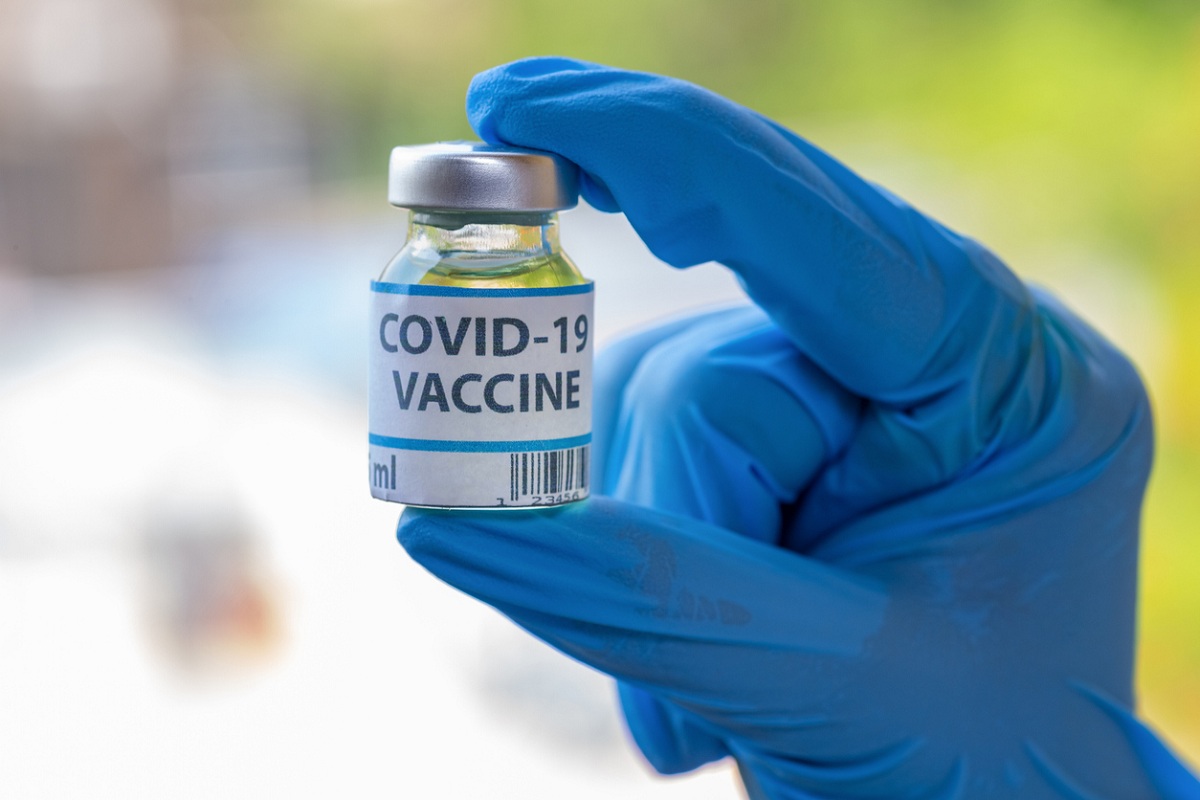By becoming the first country in the world to approve the vaccine against coronavirus developed by Pfizer-BioNTech, the United Kingdom has taken a significant step to reclaim the initiative in an uphill battle the globe has fought for the past 10 months.
While China and Russia have used their own vaccine candidates in limited ways, the decision by the UK to start administering the vaccine from as early as next week is significant, not the least because it marks endorsement of one of two vaccine frontrunners that had claimed 90 per cent plus effectiveness in clinical trials.
Advertisement
The Pfizer vaccine offers its own challenges, not the least of which is that it must be stored at temperatures below minus 70 degrees Celsius. The Moderna vaccine candidate can, in contrast, be stored at minus 20 degrees Celsius.
But these are details, and the government of Prime Minister Boris Johnson, which overcame considerable opposition from even some members of the Conservative party before taking the decision, will feel a sense of satisfaction at having reached a stage where experts can determine who will get the vaccine first.
There are indications that first recipients will be residents of care homes, health staff, the elderly and those who are clinically vulnerable. In anticipation of other approvals, Pfizer is gearing up to supply the vaccine in as large numbers as it can. Its chief executive is on record as saying the company is “focused on moving ahead with…urgency to safely supply a highquality vaccine around the world.”
Critics will argue that the UK’s decision was based as much on political considerations as it was on epidemiological ones. The country has just exited a lockdown that had met with considerable resistance, but still has a tiered system of restrictions in place. Indeed, Mr Johnson’s government has over the past months faced considerable criticism for its handling of the public health crisis.
But if the UK is able to vaccinate significant sections of its population, all that may quickly be forgotten. Pfizer is committed to supply 40 million doses of its vaccine by the end of 2021 to the UK. This will be sufficient to cover a third of the population, and significantly it should take care of all those who are deemed vulnerable.
The US Federal Drug Administration is scheduled to meet on 17 December to consider both Pfizer’s and Moderna’s vaccine candidates.
While the FDA is an independent body, its processes will doubtless be impacted by the UK’s decision. Overall, it seems likely now that before long several Western countries will accord approvals.
The efficacy ~ and possible side-effects ~ of the vaccines will be closely watched around the world, especially by those who are deemed vaccine hesitant. But for now, it must be said that a major step forward has been taken.











